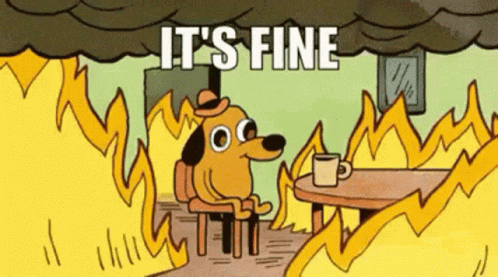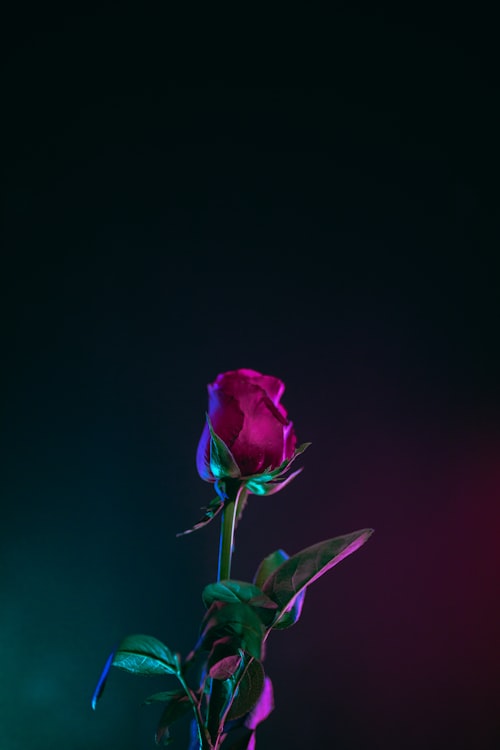Lately I have woken up with the feeling that the world is going to hell in a handbasket. The past month alone there have been cataclysmic shifts on the world stage. Russia keeps mobilizing more troops (and invoking nukes!) to fight a nonsensical war in Ukraine, and Iran seems to be on the cusp of a revolution precipitated by the tragic death of an innocent young woman simply living her life.

I often feel this conflict or tension when it comes to how much I pay attention to macro-level events. On the one hand, I care deeply about what is happening in the world because we are all threads in the shared fabric of humanity. At the same time, if I pay too much attention to news about climate change or midterm election results, my impulse is to drop everything I am doing and hide in a hole.
I worry about young people in this context – those members of our society just coming into their own as adults. I wonder what my experience as an emerging adult would have been like if the headwinds were this strong. Lately I've reflected and asked myself – Were they?
Personal History
I haven't been in the habit of looking back and considering how transformative global events have shaped me. As I get older, I feel an increasing need to engage in such reflection, if for nothing else than to fill the reservoir of "it's going to be okay" encouragement I have to offer the young people I work with.
The first event of great magnitude in my young life was the 9/11 terrorist attack. I lost a family member in the North Tower of the World Trade Center, a loss I still have a great deal of trouble comprehending because of its exceptional nature. I can't think of any other event that so swiftly demarcated yesterday from today. Something unusual I remember from time to time is how quiet the sky was after all flights were cancelled. It was the loudest quietness I have ever experienced.
As a dusky-toned South Asian, the aftermath of 9/11 was deeply othering. I was grieving for a family member, yet felt paranoid for looking like those who had perpetrated the attacks. At school, I was occasionally met with passive aggressive comments, and my mother and I got called terrorists in the Graziano's Pizza parking lot in my hometown one afternoon we decided to pick up a pie.
That incident temporarily severed my sense that I was also an American. The words were like a dagger and I will never forget the pain, nor my mother's breathless and tearful reaction. Some of these feelings came up for me again when innocent Asian-Americans were getting attacked during the pandemic.
Big Things Affect Us
Sometimes events like these take time to percolate into our lives, but they inevitably do. For those coming of age and emerging into adulthood today, there is a lot to reckon with. We are on the precipice of yet another economic recession. The world is more complex and hyperconnected than it ever has been. There is quite literally nowhere to hide from the 24-hour buzz of our handheld computers, and the simultaneously magical and stultifying messages they bring.
I recently watched a New York Times mini-documentary in which a young person described this problem most poignantly:
Just the volume of unattainable beauty in a world that seems like it's ending is really hard to process.
Something I love about young people today is their openness to being tortured and activated by world events. When I was growing up, my parents actively encouraged me to ignore political and social problems bigger than myself.
Whenever I expressed strong opinions about anything, my father would grow frustrated and remind me to focus on my job, which was going to school, getting good grades, and getting into college. "Apne kaam se kaam rakho," which is a convoluted way of saying "mind your own business." As if it wasn't my right or duty to be concerned for the world and society I lived in.
His words clearly didn't work, as I find myself in the trenches of public education waging war on seemingly intractable problems that extend far beyond my personal experience. And this leads me to perhaps the most encouraging piece of information I have for young people: problems are where your promise lies.
Pick Your Problem
In the last few years, young people have assembled and marched for the planet, racial equality, women's rights, to end the scourge of gun violence, and so much more. There have never been more opportunities, or more import and criticality around having the energy to organize and speak out, endeavors in which young people have a competitive advantage.
One of my least favorite pieces of advice for young people is: Find your purpose. I find this guidance nebulous and burdensome. It implies that your individual purpose is something floating out there for you to find. This inevitably leads to feelings of inadequacy and stupidity when you can't seem to locate it.
In a world with no shortage of negative feelings, I don't want to place this misguided expectation on young people who already feel overwhelmed by the noise of the number of choices they have.
My contrarian advice is this: Find your pain. What hurts you? What stirs you to act? What scares you? For me, it is to see promising young people flailing without the help and love of nurturing adults. My instinct is to show up. My fear is the potential these young people have to save our world being forever lost to us.
Your pain will inevitably be tied to a problem beyond your selfhood and scope, but it will also reveal to you a lifetime of novel, interesting, and ever-changing work that needs you, and that you need.

